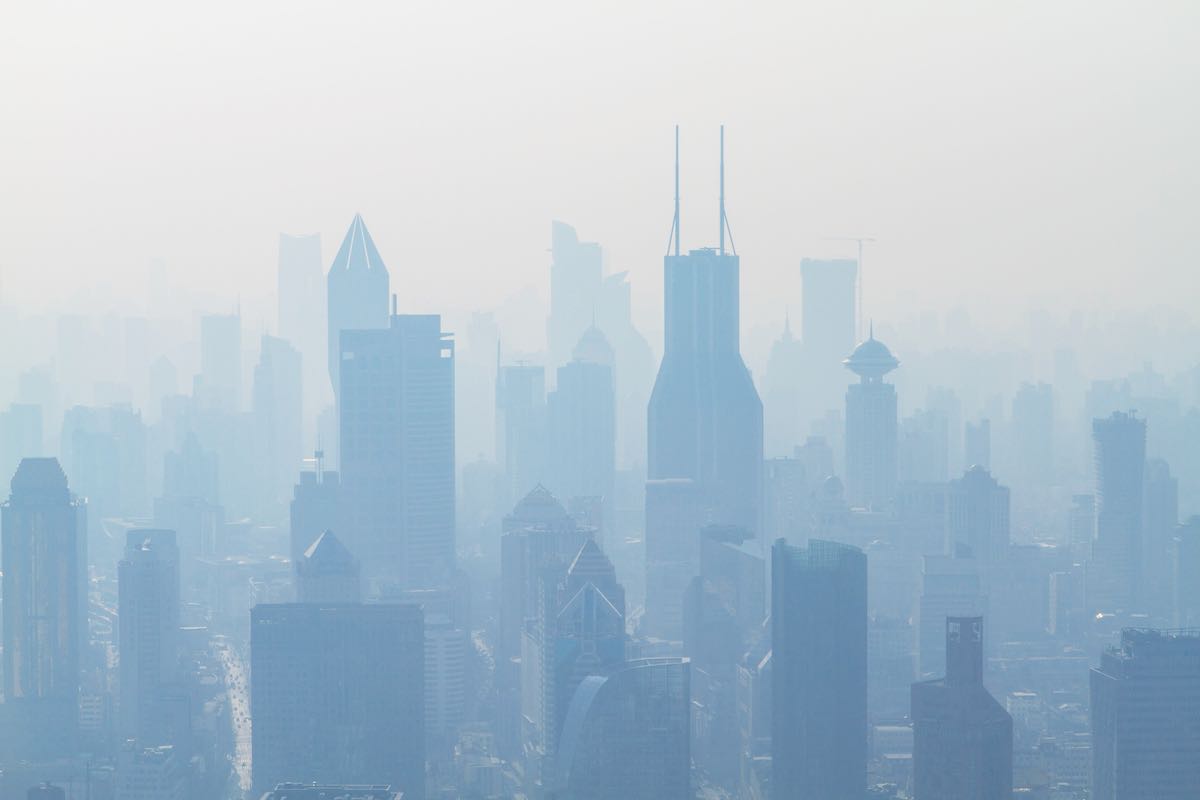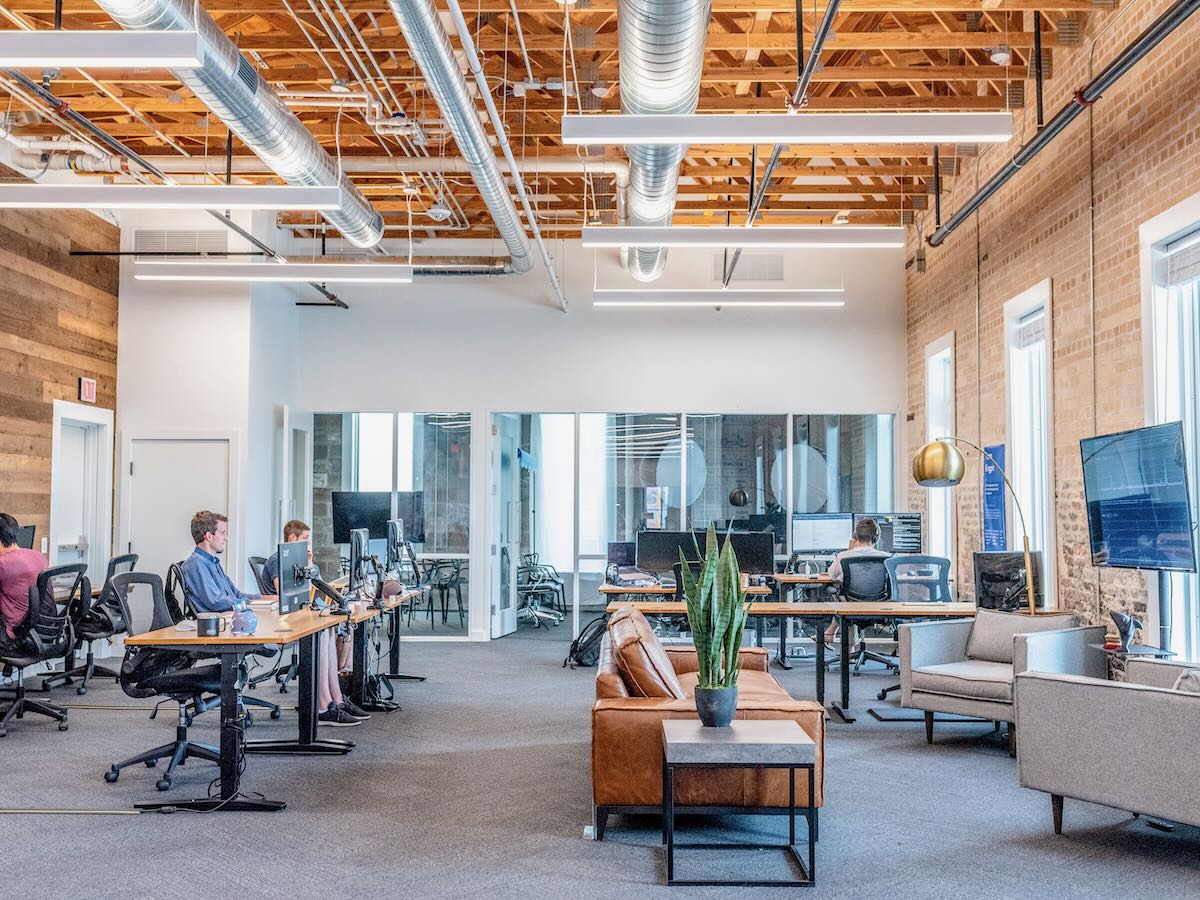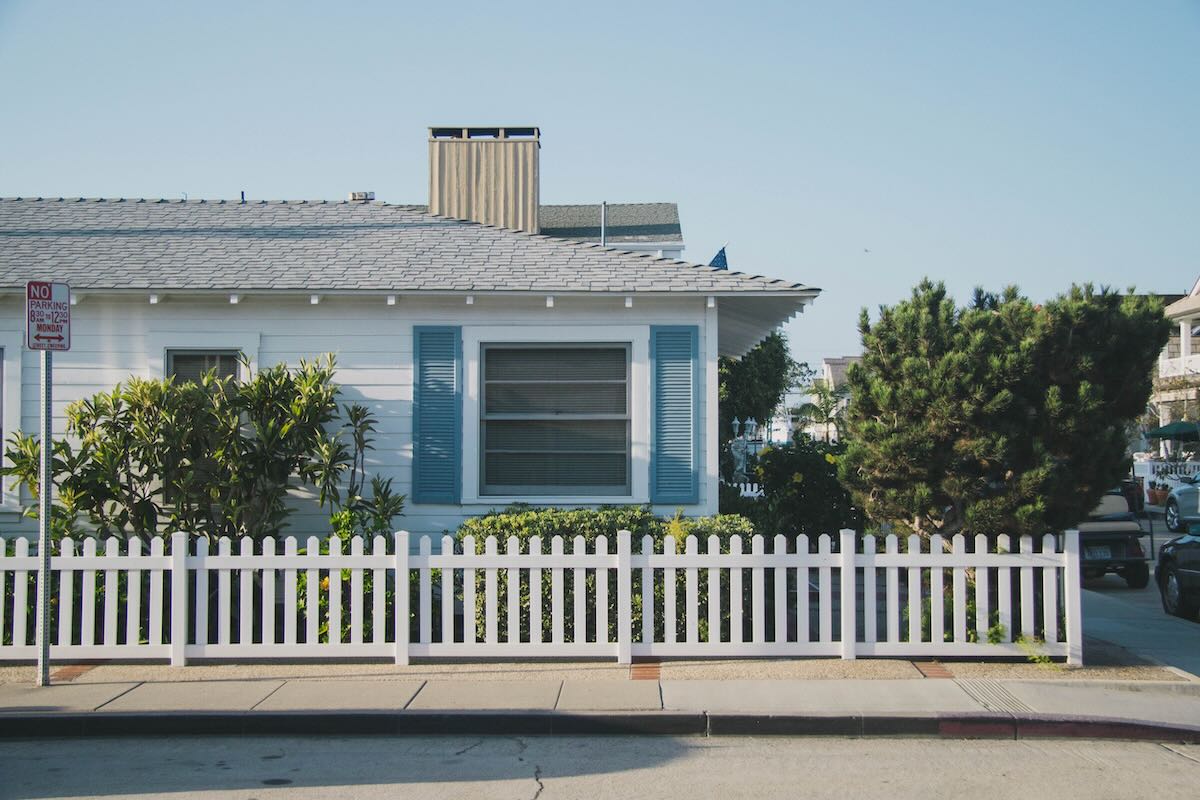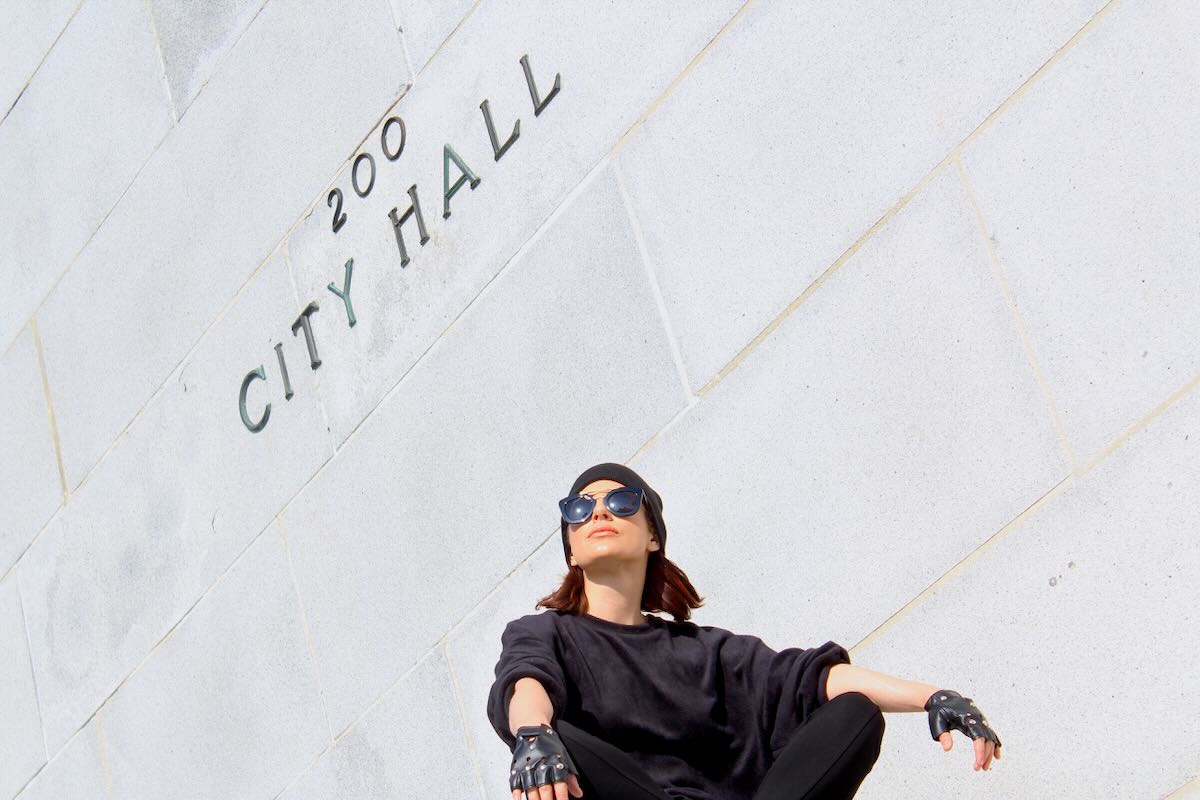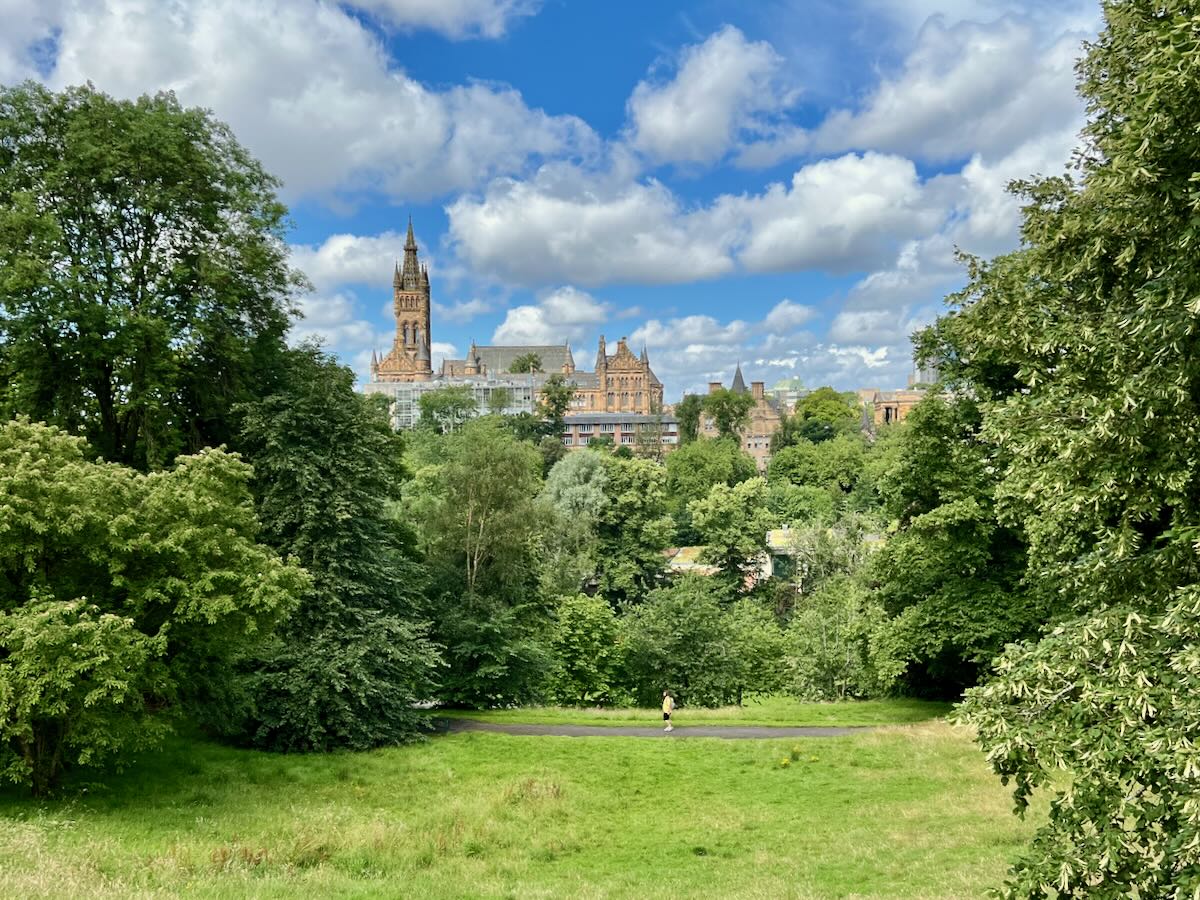Places to Live – Cities and Towns 6
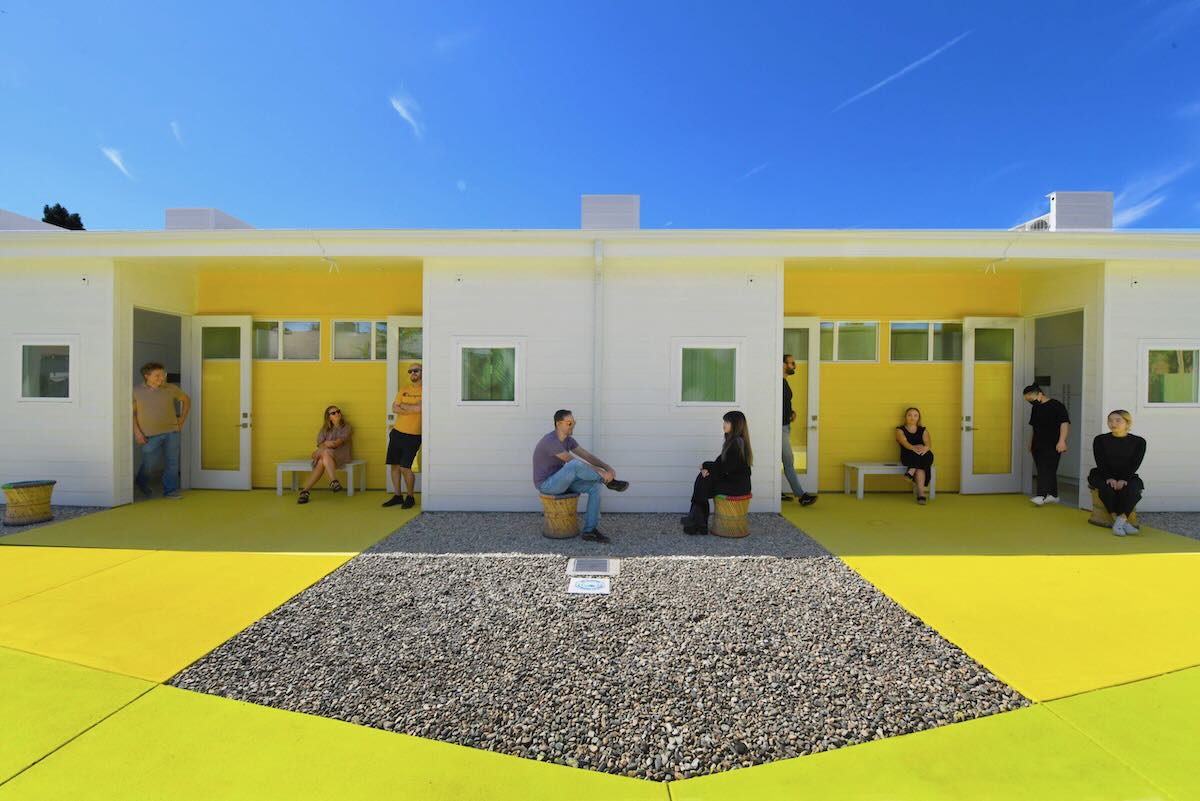
I found the last three articles in the “Cities Series” difficult to write because I wanted to get it right. So, I thought I would change it up this week with some blurbs on different kinds of Places to Live.
Willowbrook Apartments, Los Angeles
Designed by Los Angeles Architect Michael Lehrer, these seven small but airy homes have been designed for disabled veterans living on the LA streets. Every two of the 300 sf units share an entry patio and are mirrored back-to-back for efficient construction. There is a community meeting area and a laundry room. See photo above.
East Rancho Apartments, Los Angeles
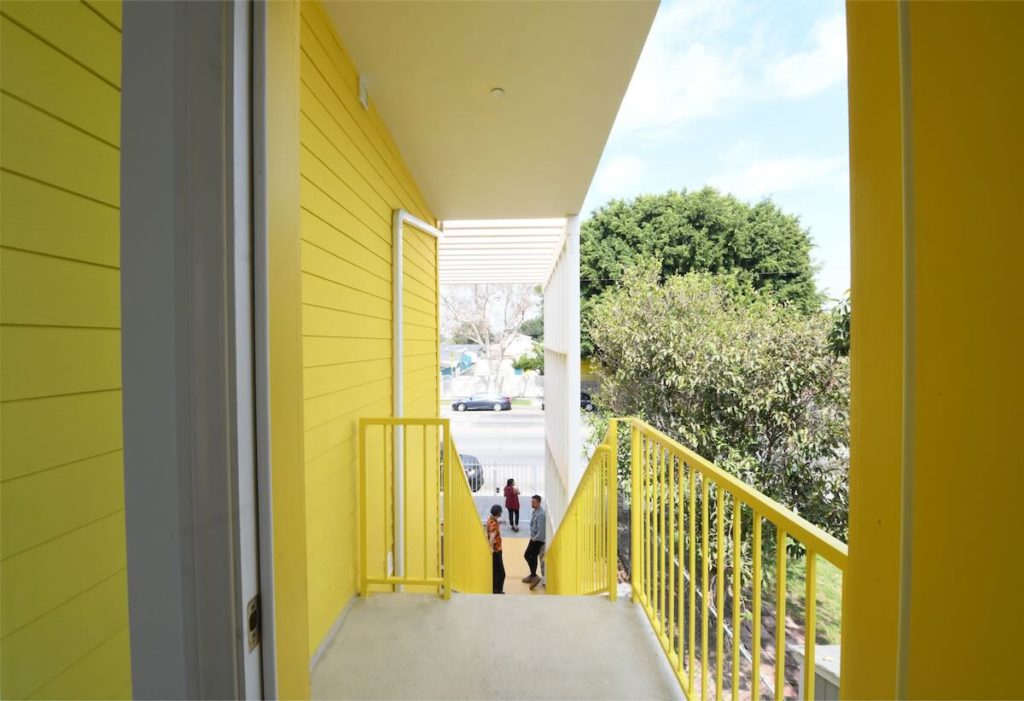
Also from Michael Lehrer, this 3200 sf duplex built on a small in-fill lot for 10 formerly homeless teens in South LA. The design team created a bright, colourful, optimistic space that considered the service agency’s vision of its clients as “at promise” rather than “at risk”. The residents have private space but share bathrooms, a living space, and shaded balconies all on a beautifully landscaped lot.
Zoncuantla Apartments, Veracruz
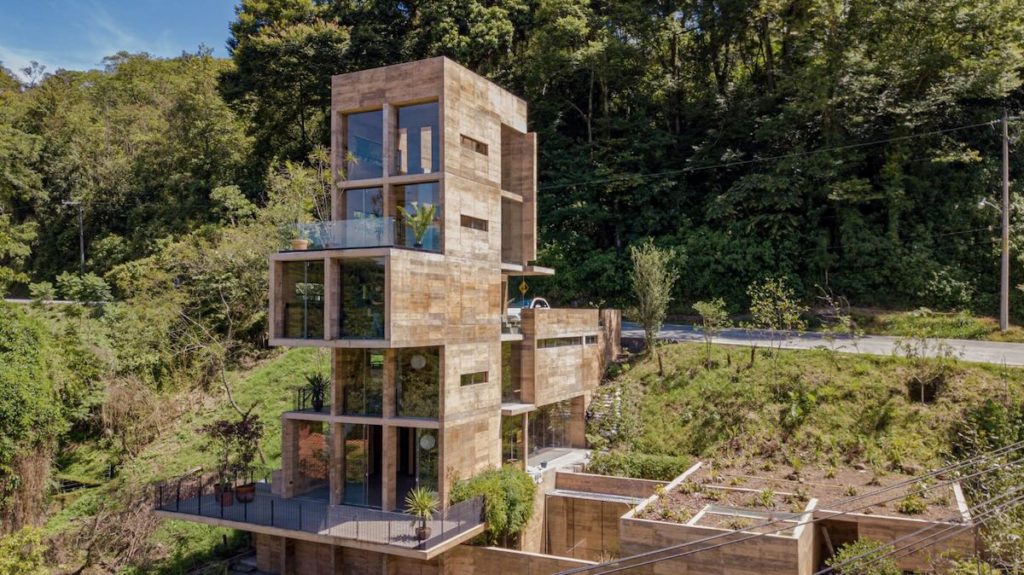
Hardly social housing, I know! However, this kind of project helps drive imaginative solutions to effective land use – even when that land is cliffside. This four-apartment block sits on an 8600 sf lot, uses a little less than 50% of the land surface, thus preserving over 50% for green space. Planted: thirty-one trees and about eight other plants every 10 sf. Site development allows for maximum rainwater absorption to help maintain the ecosystem of the surrounding rainforest.
Mighty Buildings
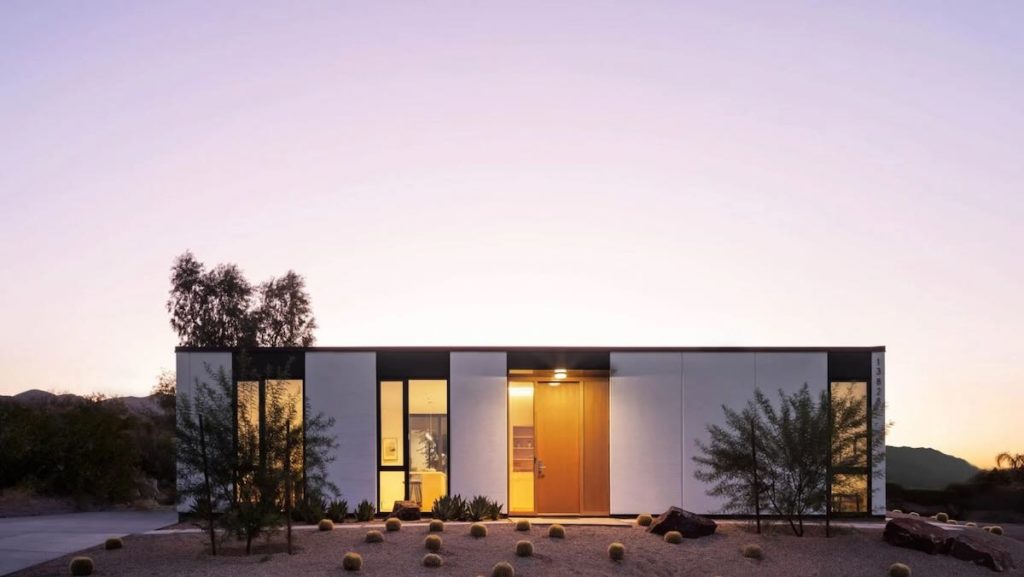
Mighty Buildings claims that this house in Desert Springs, California is the world’s first 3-D printed net zero home. Printed in Oakland, California the Light Stone walls have four times the strength of conventional concrete, weigh 30% less, and produce less carbon dioxide. Mighty Buildings claims that it reduces construction waste 99%, partly by recycling 60% of 3-D printing materials. It also claims that it can build a home in half the time it takes traditional house builders.
And then there is Solarpunk
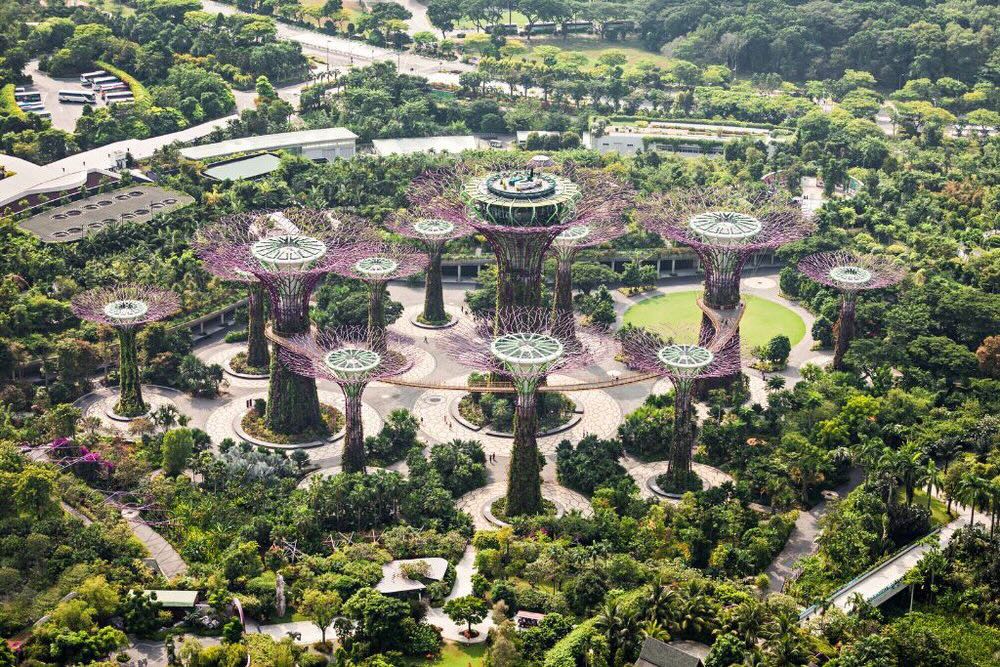
Now this may be out there! Solarpunk is about the future and the belief that humans can live in harmony with the planet. Local communities thrive, diversity is embraced, and the planet Earth becomes a green Utopia. Essayist and public philosopher, Hanzi Freinacht, posits that to change environmental direction, it is not enough to be motivated by fear of pollution and climate change. And, that there has to be more than a moral mission such as saving the animals.
Freinacht believes we need an aesthetic ambition – a vision of beauty, good taste; a sense of creativity and inspiration. So what has this got to do with places to live? Freinacht argues that the aesthetic ambition can move the Western middle-class towards the kinds of lifestyle and economic changes that the climate crisis requires. If you are not sure what this looks like – think Singapore pictured above.
“Have nothing in your houses that you do not know to be useful, or believe to be beautiful”.
William Morris, Arts and Crafts Movement circa 1860
